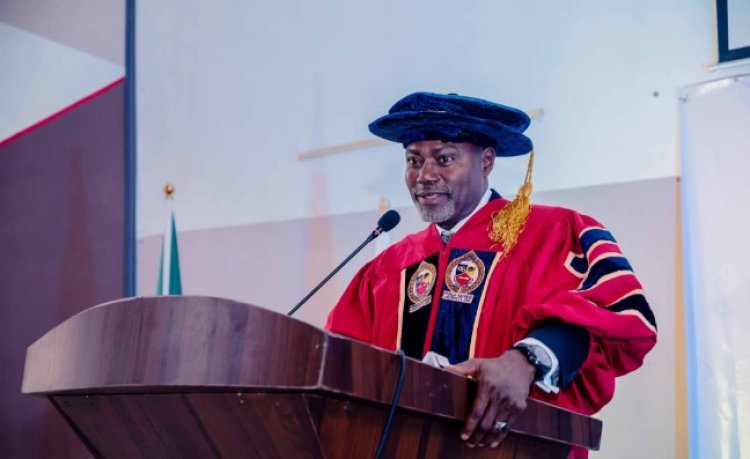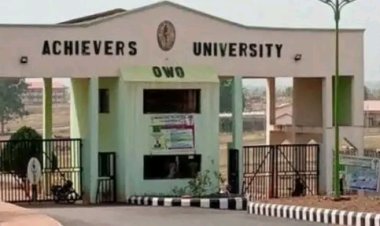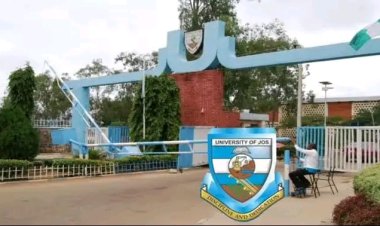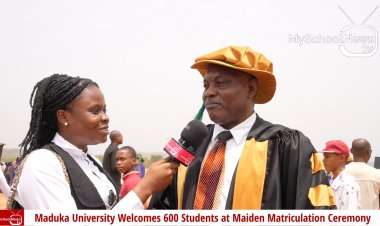Decolonize Africa’s Education System Olaolu Ali Urge Stakeholders
"Promoting African-centered research methodology, forming collaborative research relationships with African scholars, and addressing ethical concerns in African education research are all critical steps towards decolonizing educational research" Olaolu Ali said

Nigeria’s legal icon, Yusuf Olaolu Ali (SAN), has emphasized the need to decolonize Africa’s education system to empower future generations. He made this call during the first distinguished public lecture at the Thomas Adewunmi University, Oko, Kwara state.

See more: Taraba State Celebrates First Graduates of Adult Literacy Classes
Ali pointed out that the Nigerian education system, heavily influenced by British colonial rule, was designed to serve the interests of the colonial government rather than the native population. He urged Africans, particularly education stakeholders, to decolonize their thoughts, actions, and work ethics as part of the measures to decolonize African education.
The legal luminary also advocated for the promotion of local languages for impactful academic activities, stating that during the colonial era, the main objective of education was to produce clerks, interpreters, and low-level administrative staff to support the colonial administration.
For you: Abia State Government Engages Consultants for Education Sector Reforms
Ali recommended the implementation of curricular revisions reflecting African viewpoints, the empowerment of indigenous languages in education, and the fostering of culturally relevant pedagogy. He stressed the need to de-emphasize educational certificates and called for the decolonization of educational assessment and evaluation.
He further called for adequate funding to support research and policies geared towards decolonization. Both teachers and students, who he referred to as “critical stakeholders in the education sector”, should be empowered, he added.
Ali highlighted the importance of decolonizing professional development for teachers, recognizing and valuing indigenous knowledge, and assisting teachers in incorporating technology into schools. He also emphasized the need to redesign physical learning environments, establish inclusive and secure spaces for marginalized groups, and foster conversation and critical thinking in classrooms.
Recommended: Precious Cornerstone University Chancellor Calls for Academic Excellence and Spiritual Soundness
He concluded by stressing the importance of promoting African-centered research methodology, forming collaborative research relationships with African scholars, addressing ethical concerns in African education research, promoting student agency and voice, eliminating gender inequalities, and expanding access to high-quality education for everyone.

 Chukwuebuka Aniakor
Chukwuebuka Aniakor 



